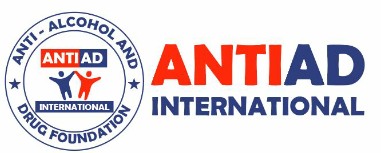
Anti-Alcohol
Alcohol Abuse
We are opposed in some way to alcohol and its consumption. We would want to return to Prohibition and continuously reduce average consumption to lower and lower levels: “Less alcohol is always too much alcohol.” A major strategy in reducing alcohol consumption is to make alcoholic beverages more expensive and more difficult to obtain. “Availability is the mother of abuse” take the case of what is happening in Central Kenya and the Kumi Kumi alcohol scourge.
What We Lend to Assume
- The substance of alcohol is, in and of itself, the cause of all drinking problems.
- The availability of cheap alcohol causes people to drink.
- The amount of alcohol consumed (rather than the speed with which it is consumed, the purpose for which it is consumed, the social environment in which it is consumed, etc.) determines the extent of drinking problems.
- Alcohol education should focus on the problems that excessive alcohol consumption can cause and should promote abstinence.


Measures Needed
- Increasing taxes on alcohol beverages
- Limiting or reducing the number of sales outlets
- Limiting the alcohol content of drinks
- Prohibiting or censoring alcohol advertising
- Requiring warning messages with all alcohol advertisements
- Expanding the warning labels on all alcohol beverage containers
- Expanding the display of warning signs where alcohol is sold
- Limiting the days or hours during which alcohol beverages can be sold
- Limiting the sale of alcohol beverages to people of specific ages
- Decreasing the legal blood alcohol content level for driving vehicles or other activities
All in all instead of stigmatizing alcohol and trying either to scare or force people into abstinence, we need to recognize that it is not alcohol itself but rather the misuse of alcohol that is the problem. The vast majority of Kenya adults do in fact use alcohol in moderation to enhance the quality of their lives with no ill effects. The neo-prohibitionist attack on alcohol is proving to be not only deceptive and ineffective, but dangerously counterproductive in the effort to teach the responsible use of alcohol.
